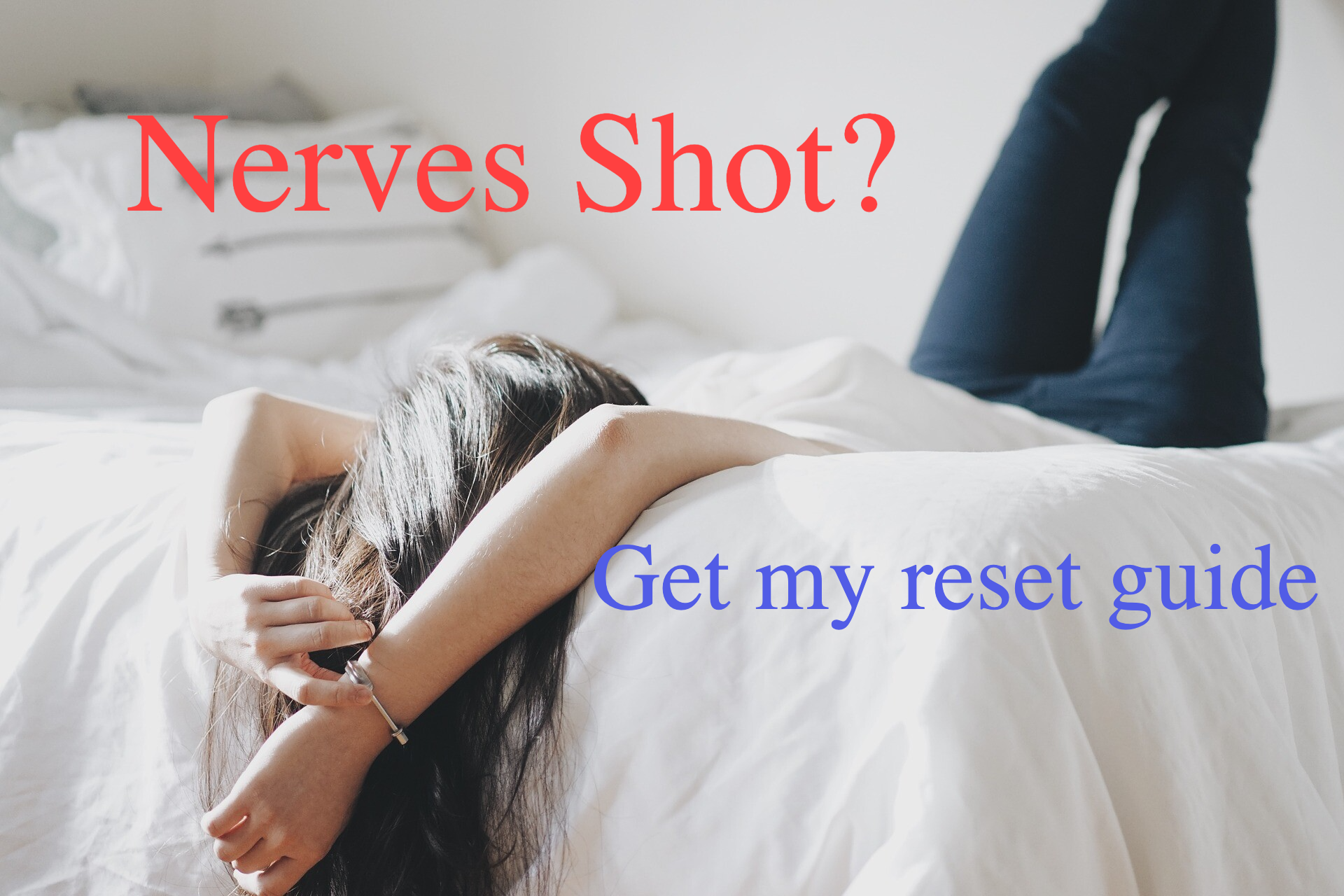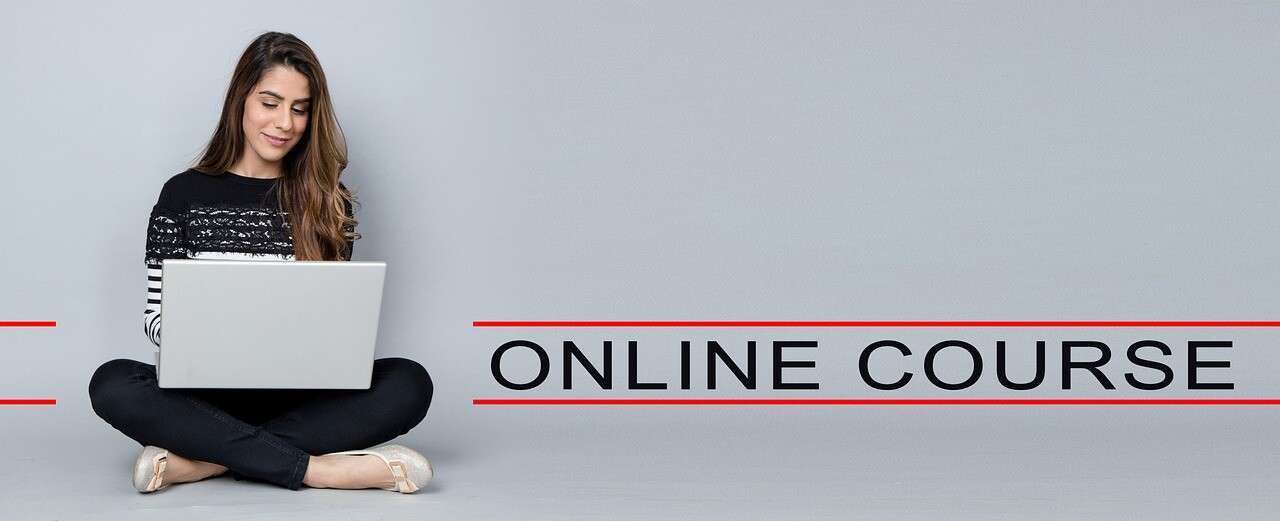


It’s a great time to be in healthcare.
With functional medicine becoming more widespread, people are getting information about how physical health IS mental health. (Because it turns out, our brains are in our bodies. Go figure.)
When people have symptoms that don’t change with their stress levels, I do my best to get them to have a functional medicine consult. I can’t cover all the things they learn, but I wanted to share with you the ones I see being prescribed for my clients. (Remember, I do not have a medical degree and can't advise you, I'm just relating what I've learned from my clients.)
MAGNESIUM
It’s the “calm down mineral.” Seriously. It’s in Epsom salts folks use in a warm bath, and also in milk of magnesia, used for constipation. There are different opinions if we can absorb enough from applying it to our skin, but lots of folks use a spray. I’ve taken it orally (Natural Calm or Ionic Fizz) for muscle relaxing when I had chronic neck issues, and it’s a great one for sleep. I have had more than one client where I noticed a difference in their mood they could not explain. When we dug deeper, they realized the change happened when they started taking magnesium. We need regular intake, most people don’t get enough, and when we are stressed, our bodies use it even faster.
INOSITOL
My first encounter with a client taking inositol was dramatic. I was working with someone with obsessive-compulsive symptoms, and within a week of taking this (combined with L-Theanine) the symptoms were about noticeably reduced! It’s used for a lot of medical conditions, but my experience is that people who obsess about things find that fades dramatically with supplementation.
L-THEANINE
This is a tea extract, but it is hard to drink enough to get the more therapeutic benefits, so it’s widely prescribed in supplement form. Have you seen this popping up in various “health” drinks lately? It’s best known to help with sleep, focus, and relaxation. Again, for my clients who struggle with OCD, it can provide noticeable relief.
On the homefront, we use Kidscents Unwind to promote calm and get ready for sleep. It has both magnesium and l-theanine, as well as some essential oils known for being relaxing. It’s not just for children, I know adults who make it into a tea or just take it straight.
Do you use any supplements that have helped your mental health? I want to know!





